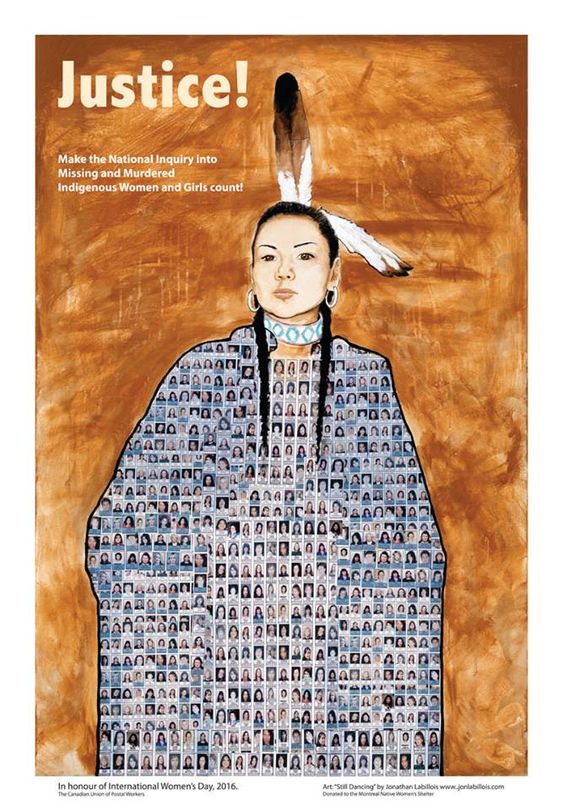
- Details
- By Native News Online Staff
The Department of Justice (DOJ) this week launched a website to streamline information and resources related to open missing and murdered Indigenous persons cases.
The new page within the DOJ’s Tribal Justice and Safety website details the federal government’s increased efforts to address the disproportionately high rates of violence impacting Indigenous communities.
The website page allows visitors to quickly report or identify a missing person; view unsolved Indian Country cases: contact the office of tribal justice; and learn more about current initiatives and upcoming listening sessions.
Last year, President Biden issued a proclamation to declaring May 5, 2021 a day to “remember the Indigenous people who we have lost to murder and those who remain missing and commit to working with Tribal Nations to ensure any instance of a missing or murdered person is met with swift and effective action.”
Six months later, the President signed an executive order that calls for interagency cooperation in criminal justice and public safety systems addressing missing and murdered Indigenous peoples: the act directs the Departments of Justice, Interior, Health and Human Services, and Homeland Security to work together with tribes.
Simultaneously, the Department Justice launched the Steering Committee to Address the Crisis of Missing or Murdered Indigenous Persons, tasked with consultation with tribal leaders and stakeholders, with reviewing the Department’s current practices, and developing a comprehensive plan to strengthen the department’s work. That plan is slated to be submitted to the President in July 2022.
More Stories Like This
Native News Weekly (August 25, 2024): D.C. BriefsUS Presidents in Their Own Words Concerning American Indians
Native News Weekly (February 15, 2026): D.C. Briefs
DHS Secretary Noem Tells Tribes ICE Does Not Target Native Americans
Native News Online Marks 15 Years of Warrior Journalism
Help us defend tribal sovereignty.
At Native News Online, our mission is rooted in telling the stories that strengthen sovereignty and uplift Indigenous voices — not just at year’s end, but every single day.
Because of your generosity last year, we were able to keep our reporters on the ground in tribal communities, at national gatherings and in the halls of Congress — covering the issues that matter most to Indian Country: sovereignty, culture, education, health and economic opportunity.
That support sustained us through a tough year in 2025. Now, as we look to the year ahead, we need your help right now to ensure warrior journalism remains strong — reporting that defends tribal sovereignty, amplifies Native truth, and holds power accountable.
 The stakes couldn't be higher. Your support keeps Native voices heard, Native stories told and Native sovereignty defended.
The stakes couldn't be higher. Your support keeps Native voices heard, Native stories told and Native sovereignty defended.
Stand with Warrior Journalism today.
Levi Rickert (Potawatomi), Editor & Publisher

